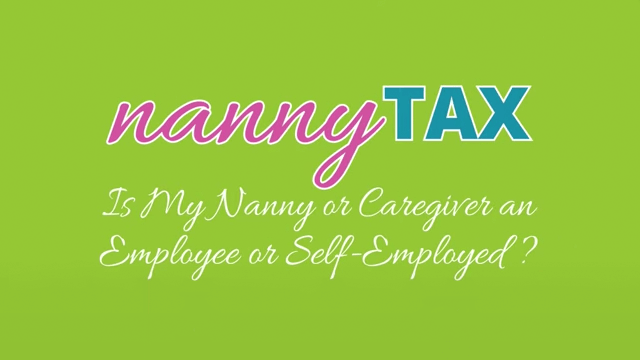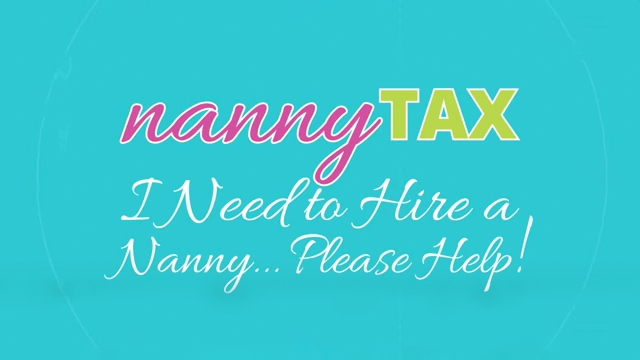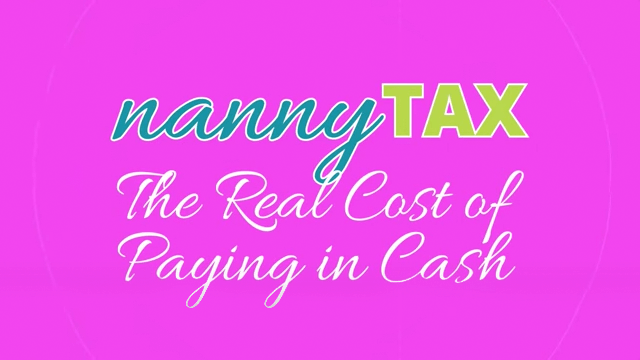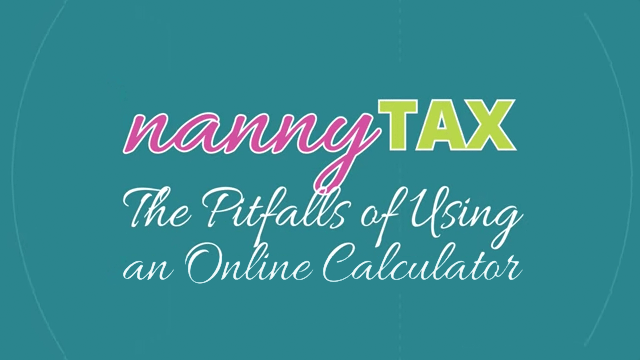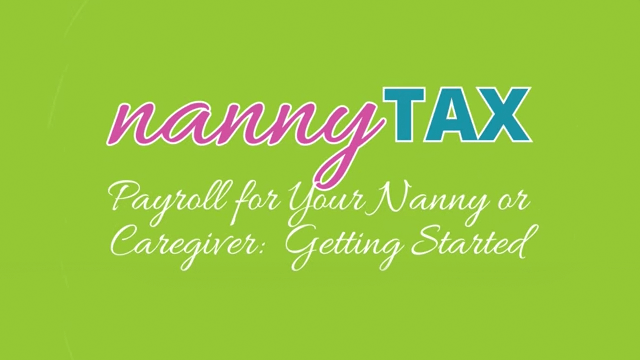
What to Include in an Employment Contract for a Nanny or Caregiver
An employment contract with your nanny or caregiver should include important details to ensure that both parties understand their roles and responsibilities and to avoid misunderstandings.
Here are some key things to include:
1. Job description: An outline of the duties and responsibilities of your nanny or caregiver. This should include what tasks they will be responsible for. If you’re hiring a caregiver for an elder, for example, you can read our past blog here for a checklist of duties. If you’re hiring a nanny for your child, consider your expectations around school pickup, lunch preparation, and light household cleaning.
2. Pay and frequency of payments: Their salary or hourly wage and when they will be paid (e.g. once a month and at the beginning or end of the month, bi-weekly, etc.). The salary should be at least the minimum wage set by your province or territory.
3. Vacation: In most provinces in Canada, employees are entitled to at least two weeks of vacation pay each year, which accrues over the course of the time they are working. Each province also has varying rules regarding Statutory holiday pay and eligibility. Be sure to check your province’s vacation standard and Statutory holiday rules.
4. Benefits: There are taxable benefits that you might provide, such as a bus pass for your nanny or caregiver to go to and from work. There are also non-taxable benefits, such as contributing towards private health/dental insurance premiums.
5. Room and board: If you’ll be providing room and board, include the details of whether you’ll be charging (and what fee) or if it will be at no charge. Keep in mind that depending on your province, there is a maximum amount you are allowed to charge an employee for rent and meals. If you are not charging, the market value of the room and board will be considered as part of their compensation and is a taxable benefit. For more information about figuring out what to charge and the tax implications, refer to our blog about how to avoid the unexpected costs of hiring a nanny or caregiver.
6. Work hours: How many days are they working and what are the specific work hours each day? Is it the same hours each day or might this vary during the week, or from week to week?
7. Overtime pay: If they work more than a certain number of hours per day or week, you may need to pay extra money for the overtime hours. Different provinces have different overtime rules, so be sure to check your provincial employment standards.
8. Expenses: How will expenses be managed and reimbursed? For example, this could include regular expenses such as bus passes or gas for running errands or picking up children, or random expenses such as fees related to an outing (e.g. going to the movies, admission to science centre, etc.). Do you prefer that they collect all expenses to submit at the end of each month or might you set aside a certain amount for activities each month that you pre-pay?
9. Extended leave: Your nanny or caregiver may take time off work for certain reasons, such as for maternity or paternity leave, an injury, or the need to care for a loved one. If you plan on continuing any payments during the leave period, be sure to outline this in the contract. If the employee is off without pay, you are required to complete a Record of Employment (ROE) so that your employee can apply for Employment Insurance (EI) benefits.
10. Termination: If you need to let your nanny or caregiver go without cause, you have to give them notice ahead of time. You can outline the notice period you will give depending on the length of employment. Each province has rules regarding the notice period, or pay in lieu of notice, so be sure to check your provincial Employment Standards. And on the flip side, if the employee chooses to quit, you can also specify how much notice they should provide before leaving.
Overall, an employment contract for a nanny or caregiver should be clear, and concise, and provide a good understanding of the rights and responsibilities of the employer and the employee. Since laws can vary between provinces, it’s best to check your provincial Employment Standards, or with an employment lawyer or human resources professional to ensure that your contract is compliant with all relevant laws and regulations.
With a solid contract in place, you can rest easy knowing that everyone is on the same page so that the focus can be on the care of your loved ones.
If you need any help with managing payroll for your nanny or caregiver, please reach out to us toll-free at 1-877-626-6982 or email us at taxquestions@nannytax.ca. We offer three domestic payroll tax plans, giving you the flexibility to choose the package and price that best works for you!
Credits: Photo by Romain Dancre on Unsplash






